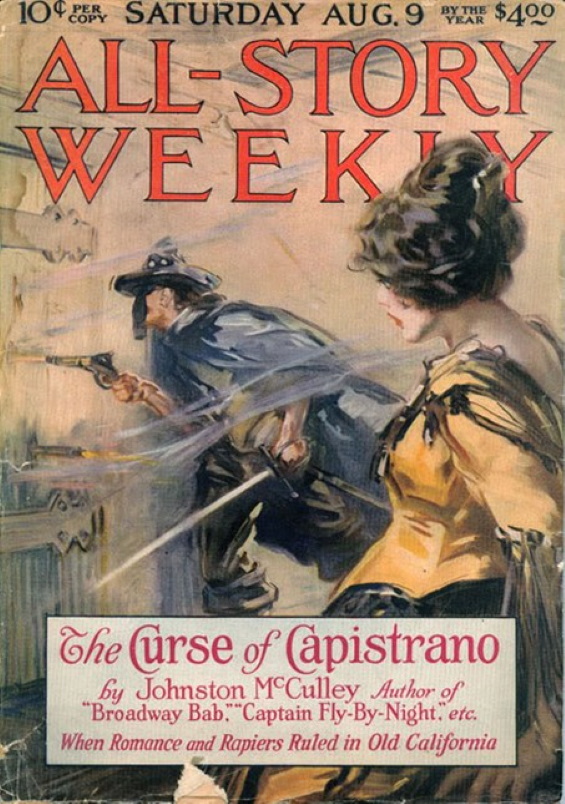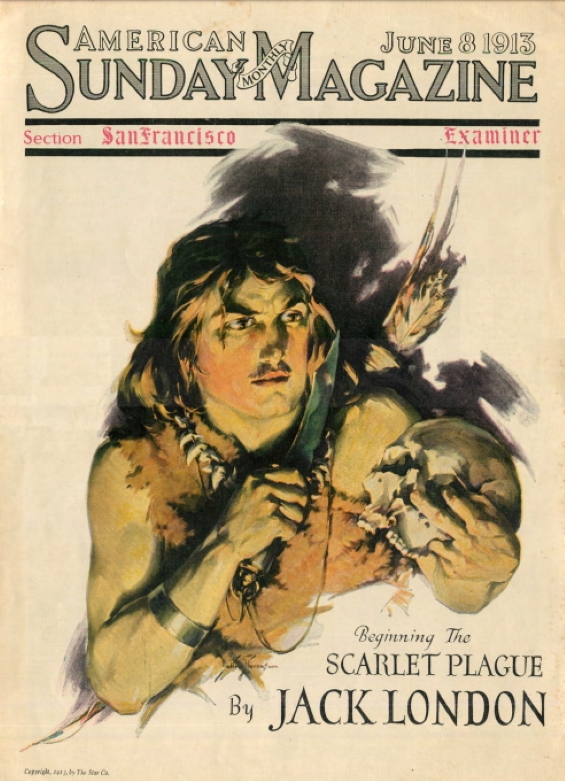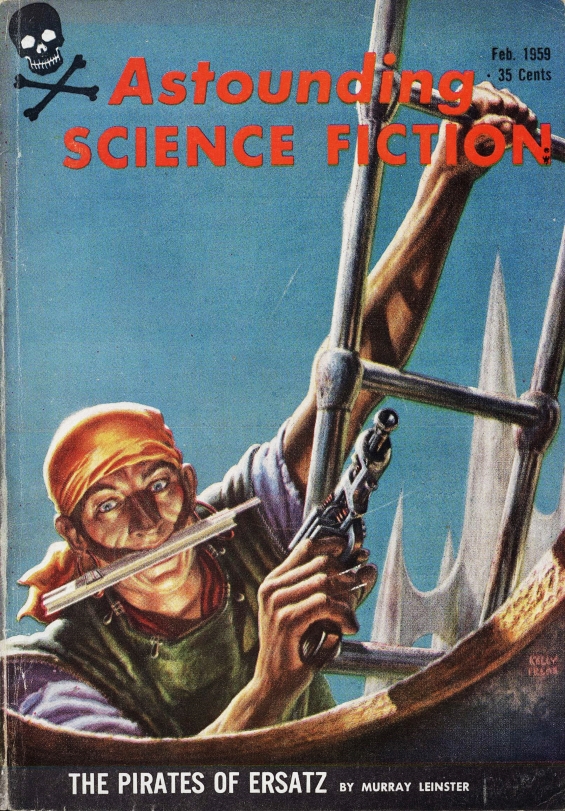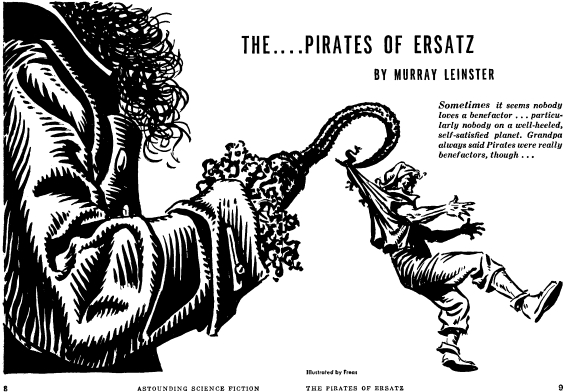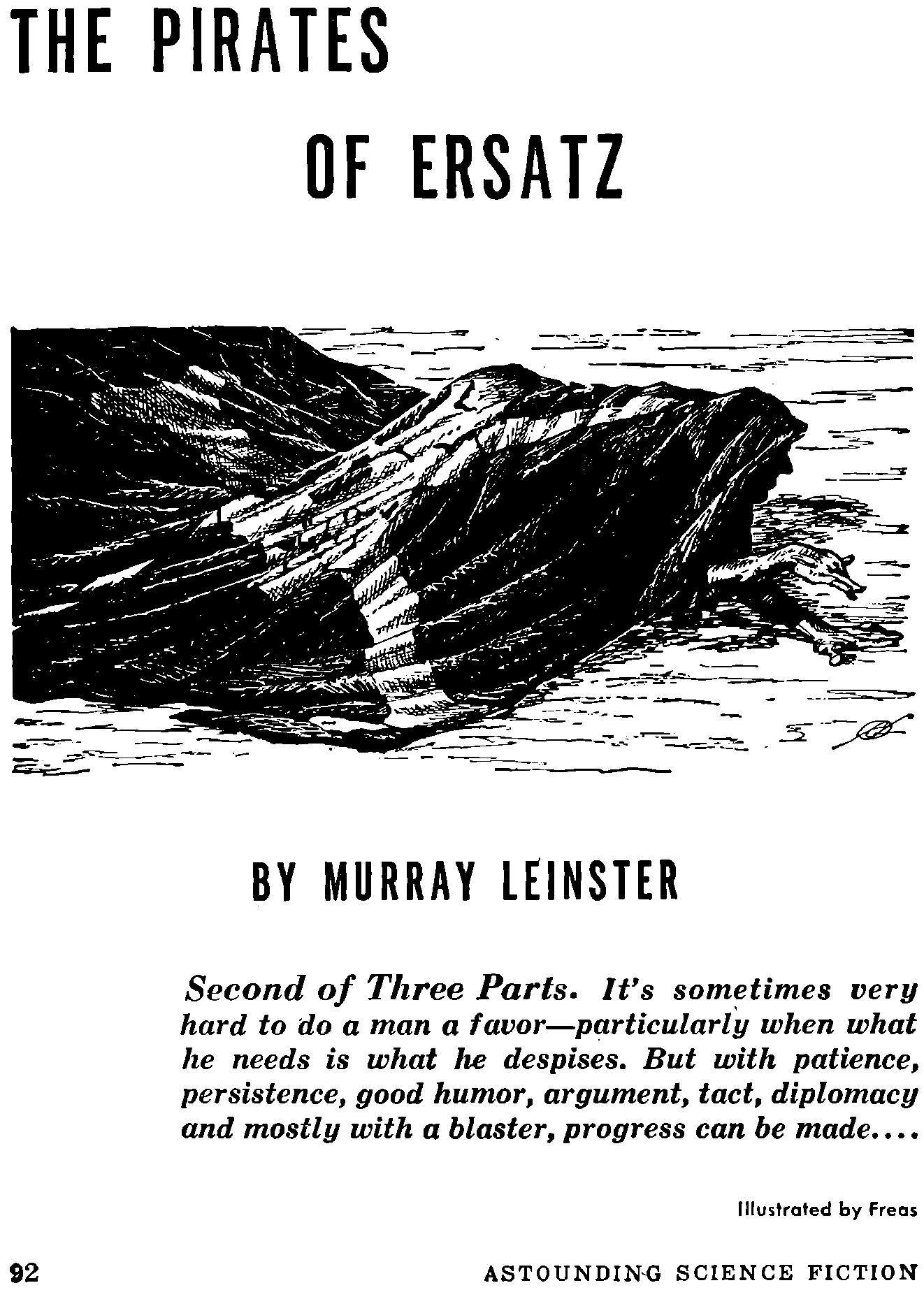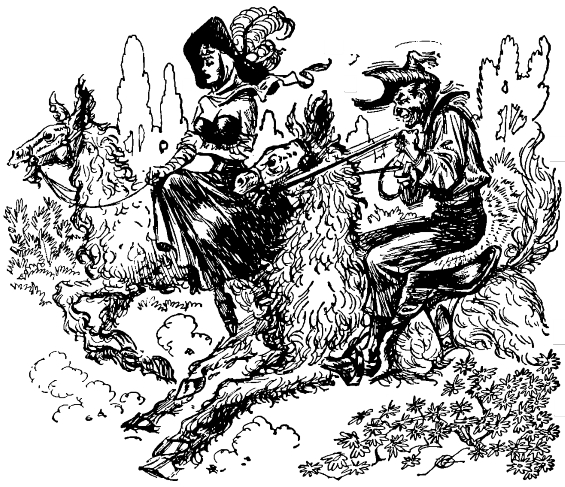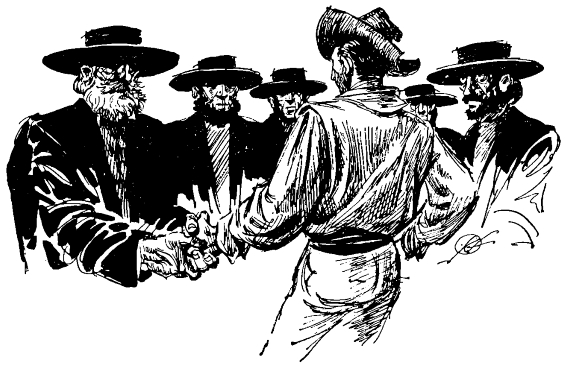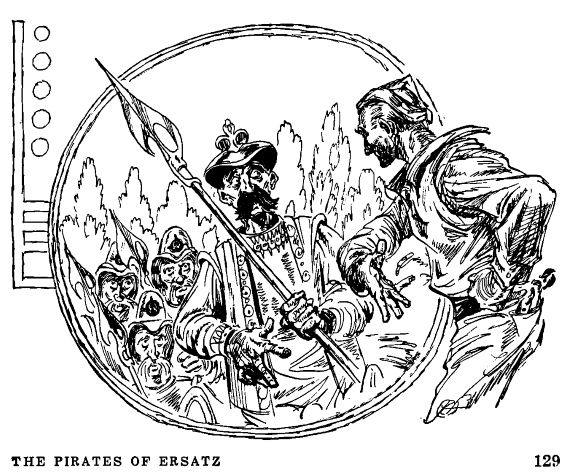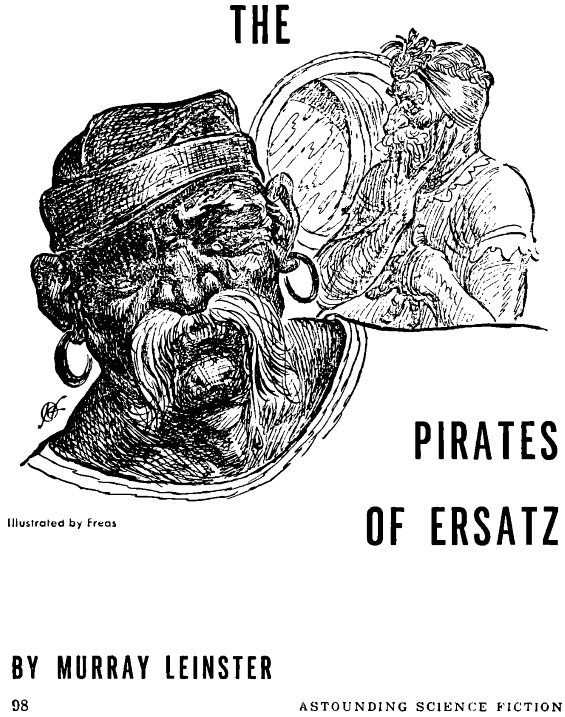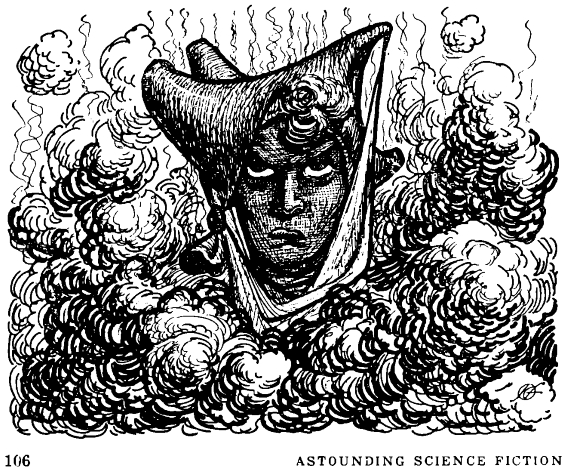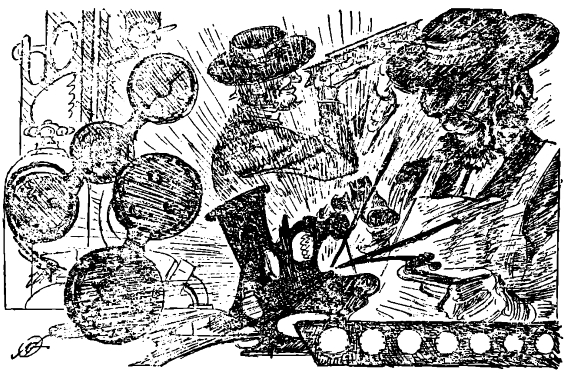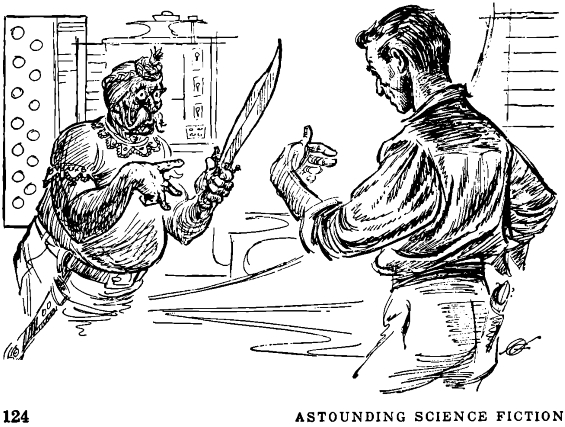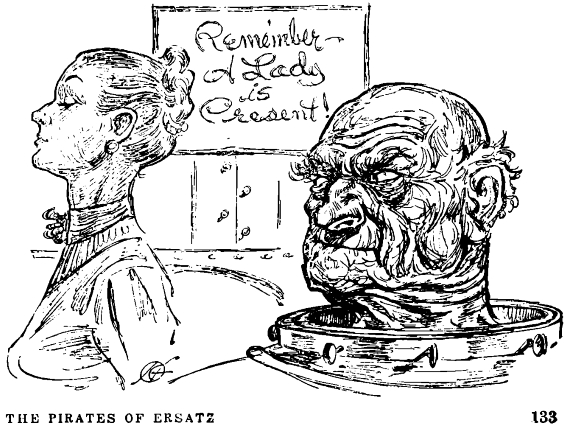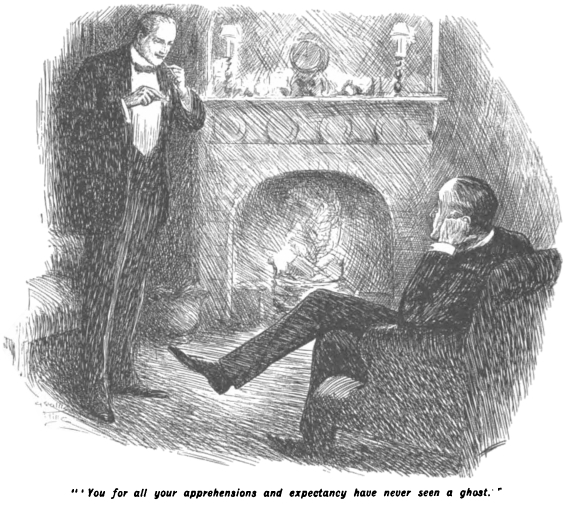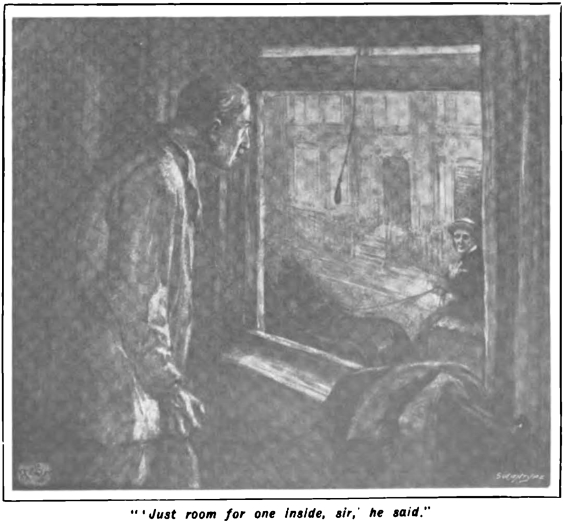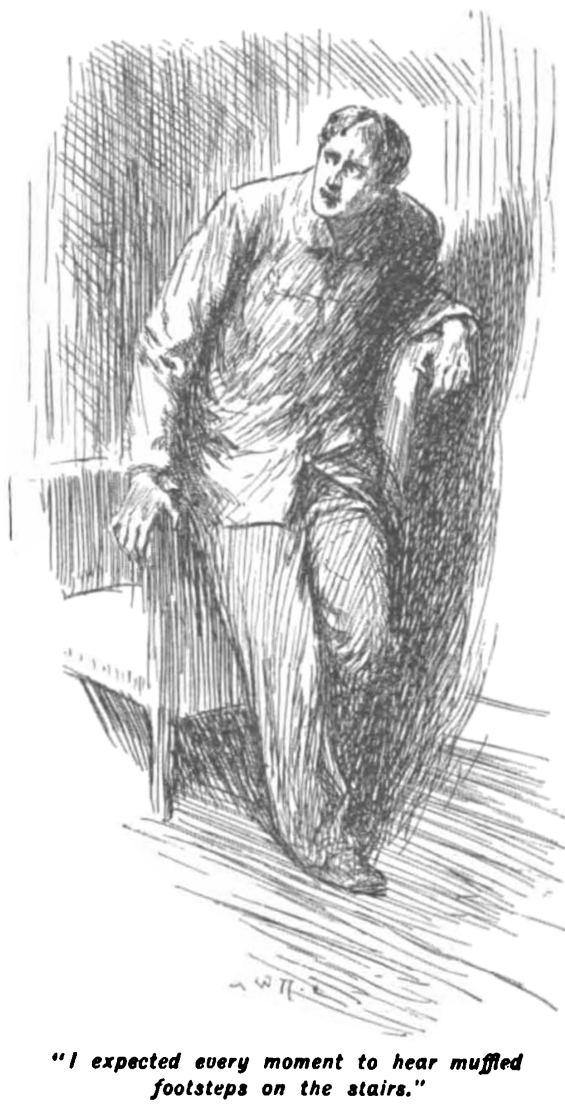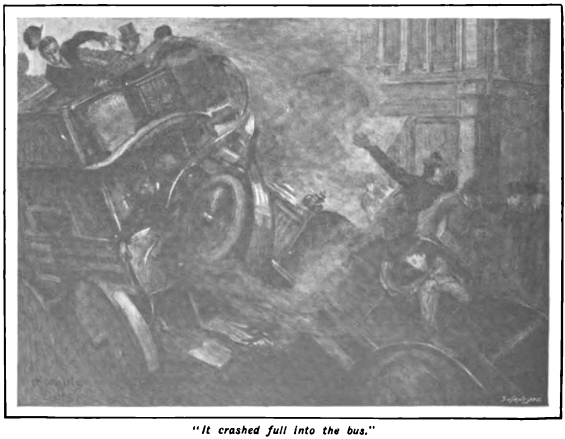
 The SFFaudio Podcast #543 – The Defenders by Philip K. Dick; read by Gregg Margarite. This is an unabridged reading of the story (50 minutes) followed by a discussion of it. Participants in the discussion include Jesse, Marissa Vu, Evan Lampe and Terence Blake
The SFFaudio Podcast #543 – The Defenders by Philip K. Dick; read by Gregg Margarite. This is an unabridged reading of the story (50 minutes) followed by a discussion of it. Participants in the discussion include Jesse, Marissa Vu, Evan Lampe and Terence Blake
Talked about on today’s show:
Galaxy, January 1953, self-submitted, H.L. Gold, Ed Emshwiller, 100 Pages Of At A Time episode 6 of the Philip K. Dick book club, The Penultimate Truth, The Mold Of Yancy, The Unreconstructed M, Deus Irae, different themes, the only idea that survives, different argument, a purity to The Defenders, a fable, monologues from robots, normalized, sitting with the idea, watching a short film (or television episode) vs. a film, participating in a different way, he’s retelling Plato’s The Myth Of The Cave, dwelling, a fundamental point, page 12, Taylor nodded, the peep slot, a world where no life could exist, bullshit, the story doesn’t fit, what Taylor is thinking, under the delusion, that’s fake, camouflage, still eating the blue pill, the red pill, the most famous modern reworking of Plato’s cave: The Matrix (1999), Philip K. Dick’s omniscient narration is complicit, how newspapers work, I don’t think that’s true, truth bombs, fake news, in its pure state, a slot in a lead wall, Russians pasted in Moscow, that’s CNN, the newspaper, and its all fake, epistemology, externalizing the internal, initial thoughts, the media, Dick’s first comment on the media, why they seem so different, it’s humans who use these leadies as serfs, exploiting those on the bottom, assholes or not, smashing human nature to get to some kind of utopia, humans exploiting humans, seeing The Penultimate Truth as a sequel to The Defenders, those on the outside are exploiting those on the inside, a mature and sophisticated version of Isaac Asimov’s robots, loopholes, caretakers for mankind’s spaces while they get their shitty ideas out of their heads, Philip K. Dick grew up during WWII, how this story starts off, reading the newspaper, homeopapes, everything’s getting shittier, the quality of the paper goes down, happy to get any paper, you can’t complain, a delight and a reminder, a conflict within Taylor, pro pro-war, the public persona, otherwise you’re a traitor, the radio drama adaptation differences, forbidden romance, there’s no daughter, there’s a wife, the role of the wife, the a-level robot, Mary is more evolved, us against them, the next step up before universal solidarity, how Dick’s wives appear in these stories, a minor antagonist to the main character, Misadjustment, she seems to get in the way, an annoyance, feeding back to Dick’s relationships, you shouldn’t be so bitter, once you go up there, he was shocked, at the breakfast table with his newspaper and his coffee, this whole thing is fake, if you go out to that shack…, god! it’s true!, you’re going to lose your mind, don’t believe the robots, the robots are under a delusion about humanity, fatigue and disinterest, a utopia as a homogenous culture, identical laws, one ID card for every America, a steady state, if everything is Microsoft, war is better than one user log-in, Asimov’s psychohistory, the robots have humanity wrong, a telling of Nick Bostrum, AI, the paperclip problem, make people happy = take control of our minds (horribly), perverse interpretation, Elon Musk’s fear of AI, AI’s not the boogeyman, one of the Scooby Doo gang, logic tree, that’s no thing to fear, I Am Mother (2019), decanting zygotes, regular skeptical Jesse, 15,000 days later, this is not the first kid, sometimes they just don’t care about shit like that, can liquid nitrogen make glass more brittle?, if you’re paying attention to the details of a story…, humans are so fucking stupid, failing ethical exams, the Russian fox experiment, Moon (2009), low budget science fiction good stuff, Philip K. Dick is wrong, they can lie but they can’t kill, the Asimov defect, weakening the second law, ruthlessness, the long-winded a-level robot, to order the lives of human beings, stories are three levels (vs. adaptations as two levels), a virtual reality game, illusion vs. the truth, not-a, working out what it would mean if you say this…, the three laws are laws for people, what is an order?, an urgent request, guides for moral behavior, lying as more acceptable than killing, they’re whole interactions are one big lie, all the little lies, their ends justify the means, when you change who it is and what they’re relationship is to others you see a change in the meanings of the words, four Russian soldiers, bender-pistols, slem-gun, all men, some more humans hatch out, their wormholes, in the radio drama, can we get married and have babies?, repopulating the Earth, her enemy, not Russians (Asians), a female as the lead changes the tone, its about reproduction, what motherhood means, sometimes she’s scary and sometimes she kind, a nod to Blade Runner, the dog as a figment of her imagination, the relationship humans have to pets, putting down pets vs. putting down humans, fur-babies, not our servants and not our masters, like Sky-Net but overly motherly, it’s all about power relations, the robots manipulate in a kind of a chess game, interesting stuff, trying to create empathy (or foster it) using anti-empathetic means, a great reversal, do the robots wither away?, keep a watch out?, eight years, faking the news, they become slaves again, The Zap Gun aka Project Plowshare, straight out of the newspapers, we need to take the weapons of war and turn them into the tools of peace, materiel, DC-4s as civilian transport aircraft, letting the humans become exhausted, something to this, Dan Carlin’s Hardcore History, Supernova In The East, there was no stopping the Japanese empire, cultural zeal for expansion, a feudal society to an industrial power, all throughout the bureaucracy, how much terror and horror happened in WWII, within Japan, getting weary, let’s tire of this war, Afghanistan’s war doesn’t tire, Taylor is starting to feel it, he’s a writer in the novel, the rhetorizer, a new artioforg liver, the Yance-man, such a great Cold War story, its all in the open in The Zap Gun, the chosen consumer, a brilliant way, magazines about weapons, obsessed with war, a gun nut, all the needs are being met (all without war), Steen cares about this sort of stuff, the cost of F-35s is always going up, F-16s, F-18s, F-14s, f-15, $89.2 million each, the history of firearms, the M-16 vs. the AK-47, doing it out in the open, the M-1 Abrams tanks, there hasn’t been a tank battle since Iraq War I, A-10s, its all done out in the open, people don’t care, how much you exhaust in war production, how far the British Empire fell after WWII, they gave away the whole empire on a point of pride, British rationing (until 1956 not the 1960s), the 1990s Outer Limits episodes, robots with a utopian vision, a reactionary coup, the robot will fill in for you, replacing the father, reimposing the patriarchal family, Sales Pitch, tehcnology changes the attitudes of people, now we can go to space again, obsessed with the frontier as an escape, a reactionary agenda, Family Values, =lull=, annoying Evan, just to displease you, the pink light is the leady without radioactivity, discovering the beautiful world of love and empathy, the VALIS experience, a literal incarnation, our world is fake, the danger of a new dogmatic illusion, the commander, just an observer, breaking through the veil, until there’s a rooster crowing, Franks, explaining what the Soviet Union was, page 8, ascending out of the Tom Mix vault, Moss nodded, the stage trap, the idea of a stage, all the world’s a stage for them, those city videos, all the reports, all the samples, reverse Westworld, playing along, the horrible world, workers were everywhere, the labor corps, slaves, build V-2 rockets, what’s life like for regular folk in this world?, the stage was deafening with noise, rock and lead, lead and rock, a description of what’s going on on the surface of the Earth, what it’s like in the North Pacific right now, a lethal desert of slag, the red sun, something metallic stirred, constructed with feverish haste, the hellscape we get in Second Variety, the mine, the claws, the hellscape of The Terminator future, infiltrators covered with real human flesh!, all fake, a lot of interesting play, afraid of the stages, scary, our own minds looking out at the universe from our own senses, page 10, indirect evidence, a smell-o-printer, a VR one, blasting heat at your face, simulation, I don’t see reality as it is…, proprioception, our world in reality, the homunculus issue, Men In Black, sweeping all the problems into that little man, the leadies as senses, let’s test that idea again, we’re being lied to about reality, deep down its a really interesting science fiction, science, epistemology story, where are the c-class leadies?, taking care of the water-mains, their in the narrative rooms, how they make mistakes in the propaganda, forgetting to bathe the representatives in radioactives, making apologies, trying to protect the humans, the truncated first law.
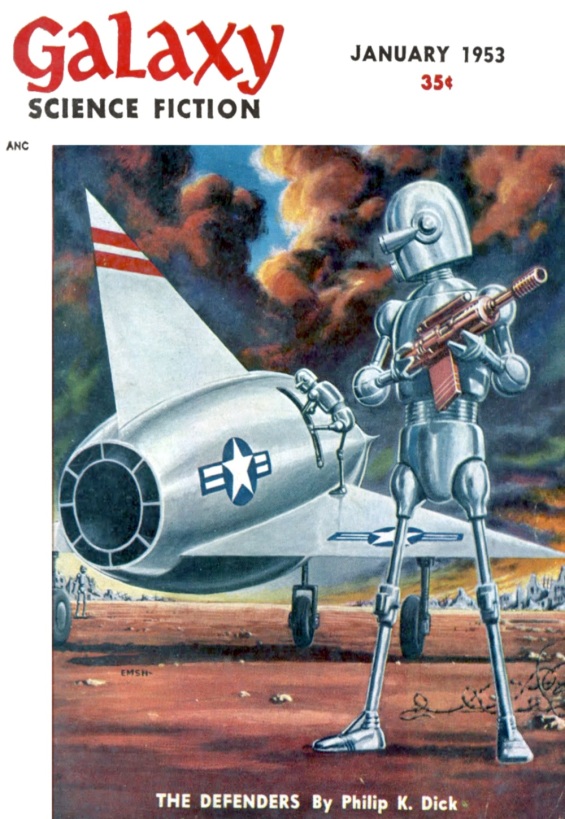

Posted by Jesse Willis
